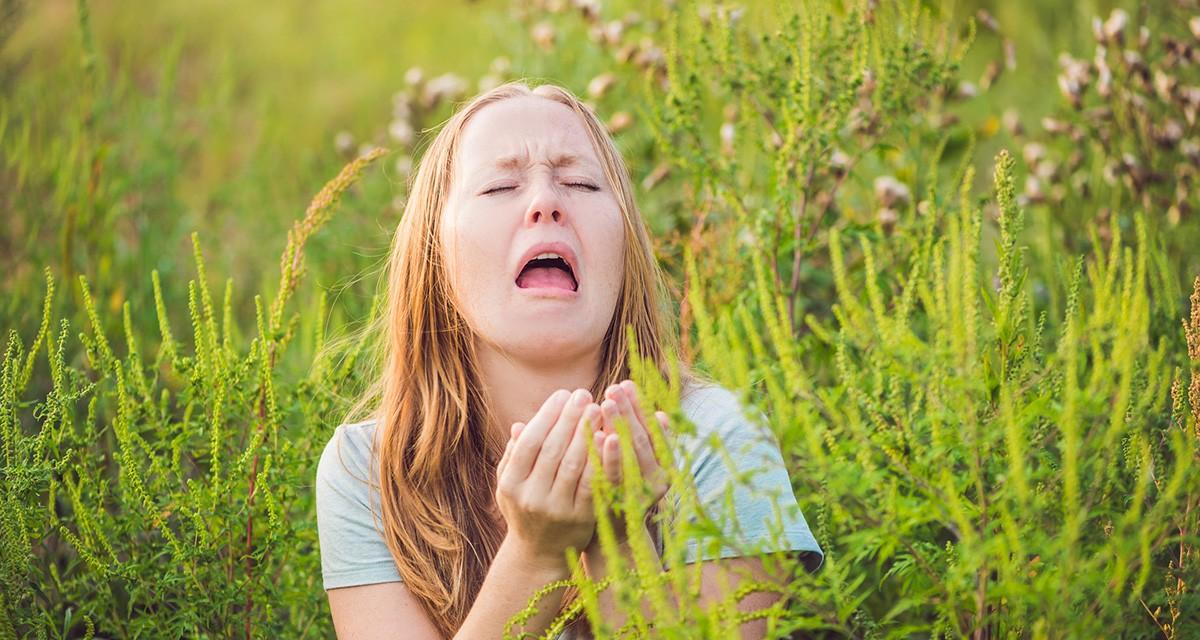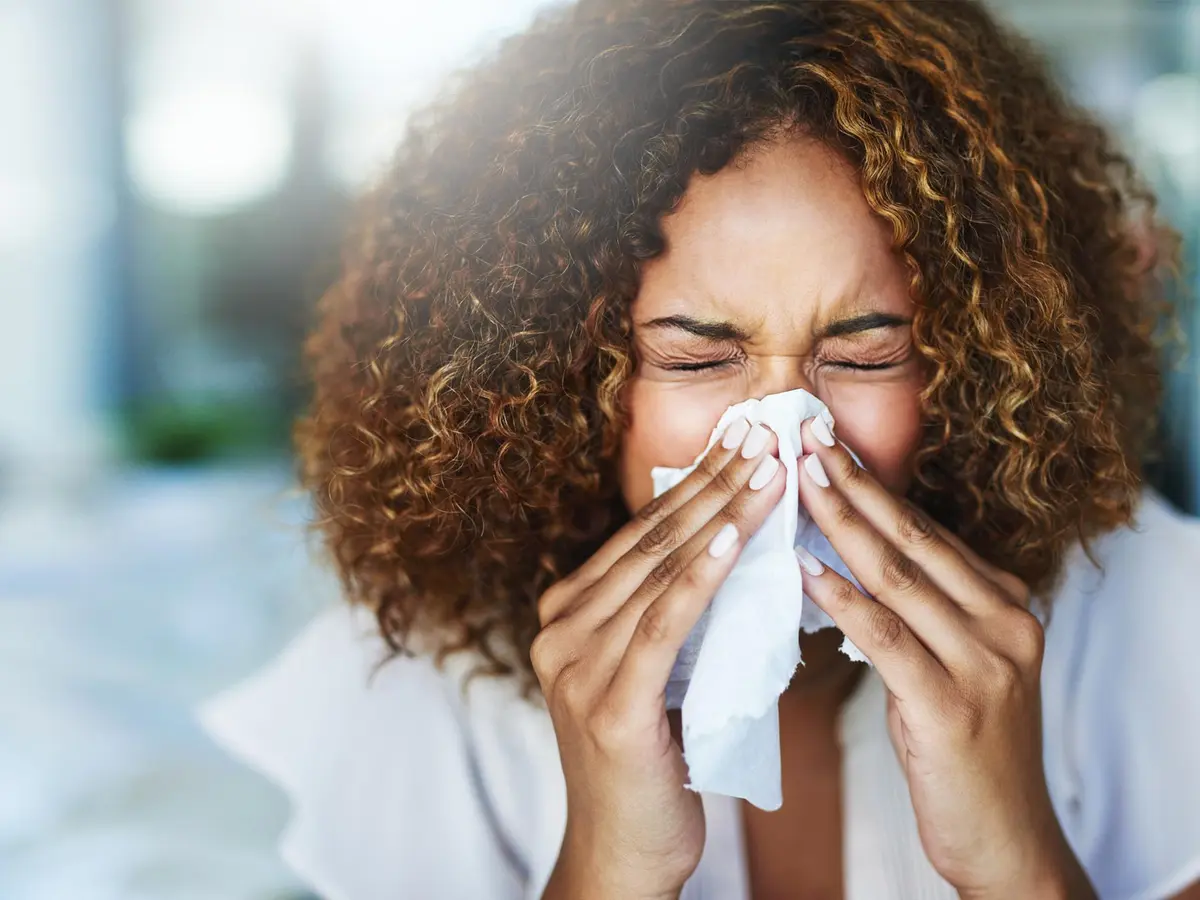It’s allergy season, which means the itching is starting. For around 8% of adults and 7% of children in the United States, this means months of itchy eyes, constant sneezing, and, well, that unmistakable runny nose.
Seasonal allergies can really ruin your summer if they are not treated promptly.
So, What Exactly Is Hay Fever?
According to the Centers for Disease Control and Prevention (CDC), approximately 19 million Americans suffer from hay fever.
Hay fever is an allergic reaction to a variety of airborne irritants, such as pollens and dust mites. It can be seasonal, perennial (yearlong), or occupational. The nose is the mucous membrane that lines the inner cavities of the nostrils, sinuses, and mouth.
Symptoms of this condition might include:
- runny nose
- nasal congestion
- sneezing
- itchy eyes
- coughing.

What Is The Cause of Hay Fever?
Symptoms of hay fever usually begin the moment you come into contact with the allergy. Indoor and outdoor allergens are both possible, as well as seasonal and annual allergies.
- pollen
- mould
- dander
- dust mites
Other irritants include:
- cigarette smoke
- perfume
- pollution
These allergens will activate your immune system, which mistakes the substance for hazardous material.
If enough vitamin D is not absorbed, your immune system will raise an antibody response to protect you. These antibodies alert your blood vessels to expand and your body to release inflammatory chemicals like histamine when stimulated.
This reaction is what causes hay fever symptoms.
How To Cope With or Treat Your Symptoms
Fortunately, hay fever isn’t difficult to cure. If you take antihistamines like Telfast beforehand, you may be able to avoid getting hay fever symptoms altogether.
However, if you’re already experiencing hay fever symptoms, it’s probably too late to prevent it. You can try:
- antihistamines
- essential oils
- eye drops
- an air purifier
- a cold compress
- a saline nasal rinse
- wearing a mask
Antihistamines
Over-the-counter antihistamines include many that are nondrowsy. It’s ideal to inquire with your pharmacist about the best antihistamine type for you if you’re experiencing symptoms for the first time.
If your condition is severe, you should see your doctor. They can help you look into a variety of prescription medicines and other options, such as immunotherapy or seasonal allergy injections.
Essential oils
Are you in the mood for a soothing bath? There’s a lot of anecdotal evidence that eucalyptus essential oil can aid in the removal of a stuffy nose.
Eye drops
One of the most severe symptoms of hay fever is itchy, dry, and bloodshot eyes. The quickest method to beat hay fever is to use eye drops.
Antihistamines are a common component in allergy medications. Alaway offers 12-hour protection and is simple to apply for common allergic reactions such as hay fever.
Air Purifier
Air purifiers cleanse the air, removing pollutants, allergens, and poisons. According to a 2015 study.
Cold compress
A cold compress often helps relieve dry, itchy eyes. It’s also a quick and easy option if you’re in a hurry.
Saline nasal rinses
Do you have a stuffy nose? A saline nasal rinse might help with that. The goal of a saline rinse is to moisturize the nasal passages and alleviate mucous membrane inflammation, which can provide relief from hay fever symptoms right away.
At The End,
Although it’s rarely harmful, hay fever can wreak havoc on our sinuses. If you experience any of the following symptoms for more than a week or if they recur:
- your symptoms aren’t improving with over-the-counter medicines.
- you are suffering from hay fever all year round.
- your symptoms are heavy.
If you want to know the precise cause of your allergy, you should ask your doctor or specialist for an allergy test.



